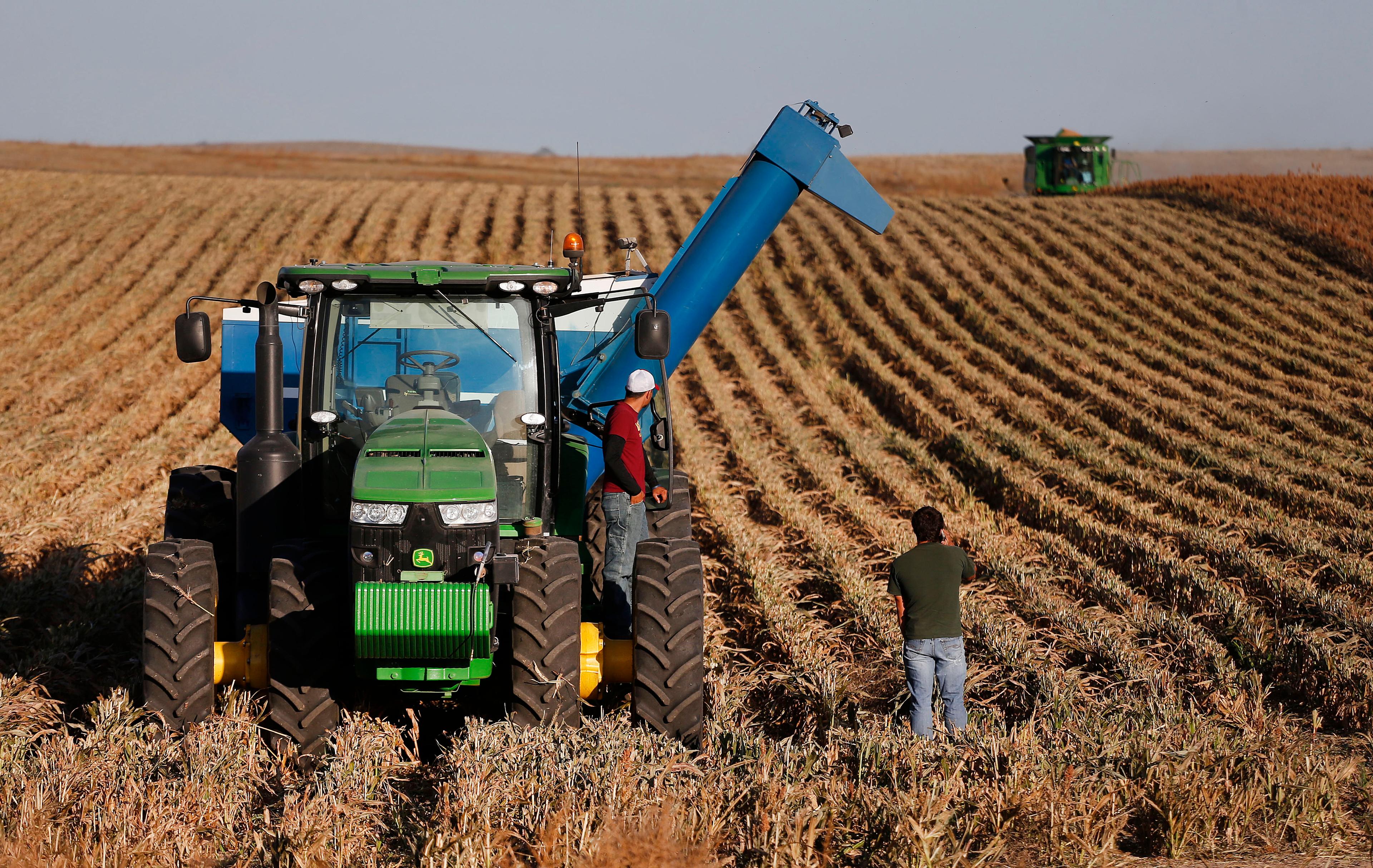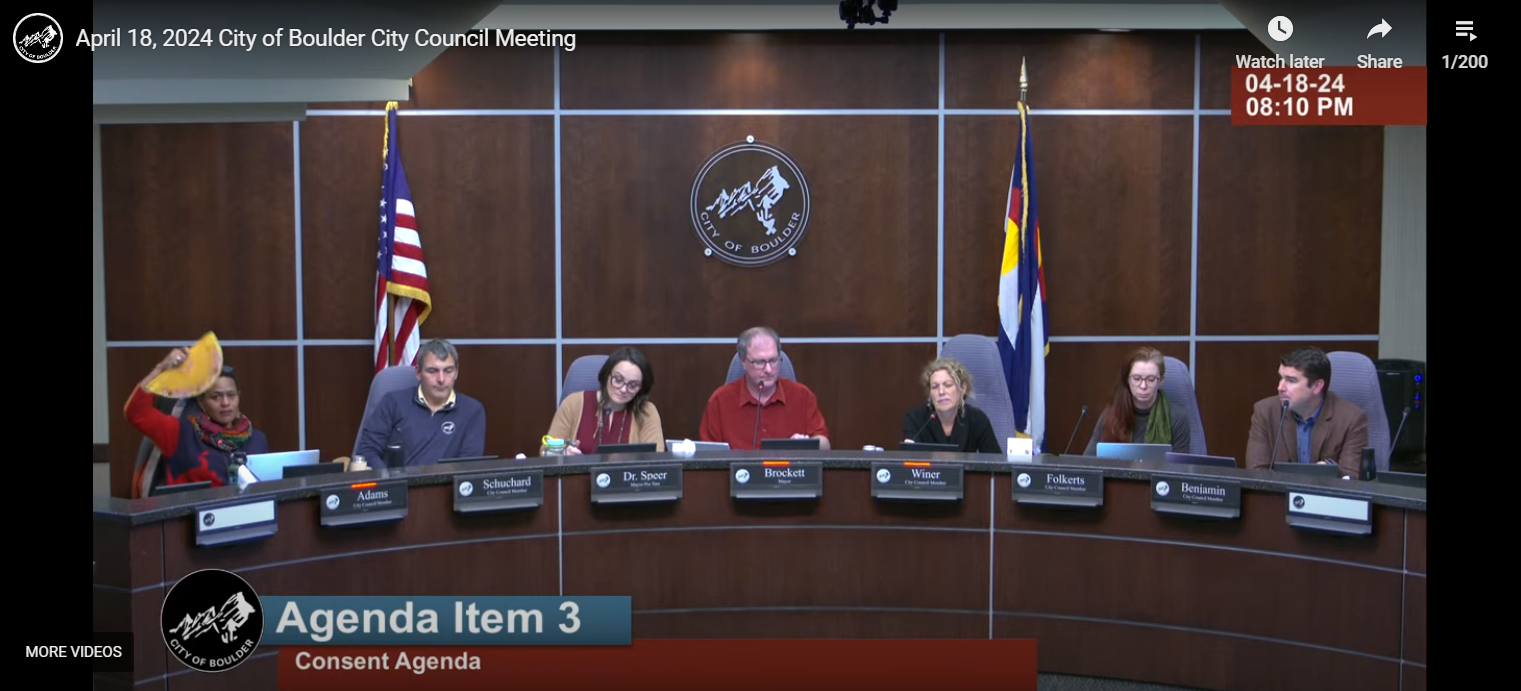

Scientists say soil biodiversity is decreasing. That could have a profound impact on human health, said Diana Wall, director of the School of Global Environmental Sustainability at CSU. She says the dirt is full of micro-organisms that can degrade when there are poor-land management practices.
“They work together like a little factory," Wall said. "There are different factories in the soil. Recognizing that and starting to look at them and how they benefit us is really key. And we’ve now got the technology to do it.”
Research shows that exposure to healthy soils can do things like lessen the prevalence of allergies.
In the journal Nature, Wall suggests agricultural practices that can boost soil quality—which she says could lead to more positive health outcomes for people.









